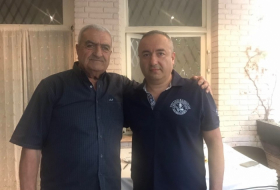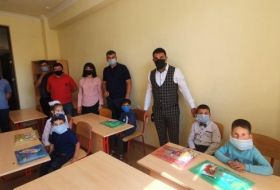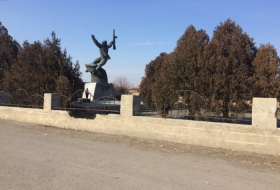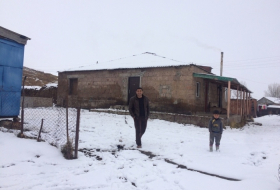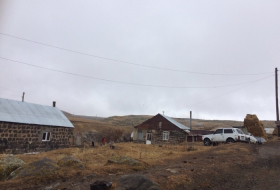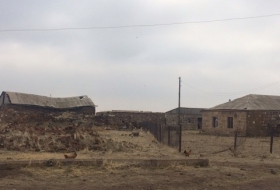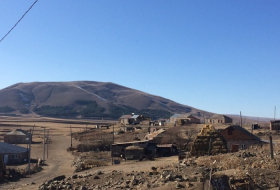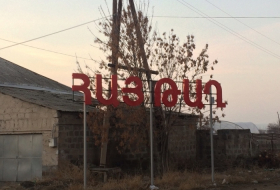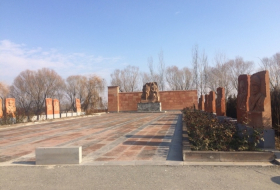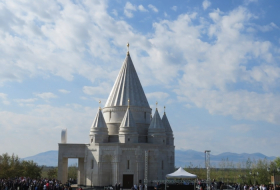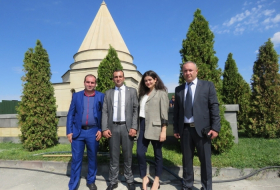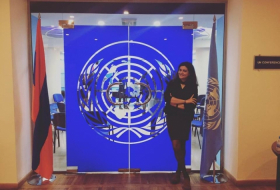Isabel Broyan – the goal of our organization is to protect the rights of national minorities
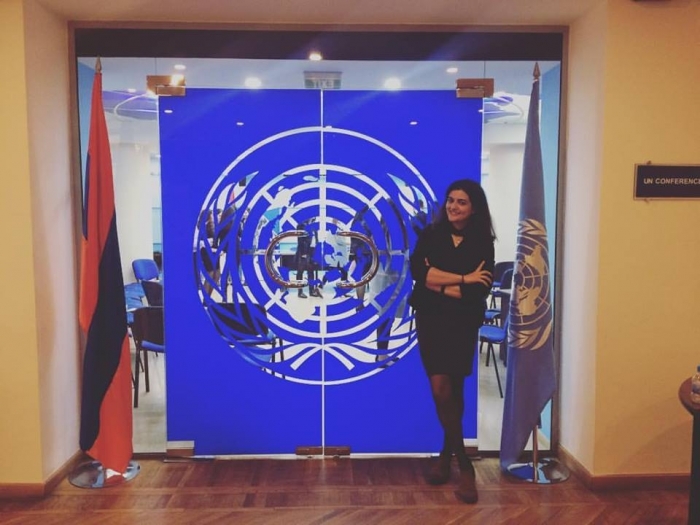
The cultural Center of the Caucasian Yazidis interviewed the head of the human rights organization in Armenia Isabel Broyan, the topic of our interview is the situation of national minorities.
Isabel, tell us about your organization:
Our organization is engaged in the protection of the rights of national minorities. And I must say, we are the first organization among the Yazidis to approach this matter from a human rights perspective. We believe that fundamental human rights contribute to the development of the community, while minorities do not lose their culture and identity.
In your opinion, what is the status of the rights and freedoms of the Yazidi minority in Armenia? Yazidi community – what is its status? Culture? Community?
Of course, there is something to work on. We are now witnessing an unpleasant process: 1) Yazidis do not participate in decision-making processes that concern the community 2) many do not receive proper education, which leads to the stereotype that "Yazid should not receive education" in Armenian society. This, of course, affects the Yazidis themselves. It seems to me that this is the result of incorrect operation of the system as a whole. Of course, something was done, but the performance indicator is very small. Judge for yourself: people do not know their rights at the proper level and do not require what the law requires them. That is why we work with state institutions, which have not had a very good opinion about Yazidis during these 20-30 years, and thus they do not know how to work with representatives of this community. It is very sad to see that state institutions do not perform their duties, referring to the traditions of Yazidis. It can be concluded that the rhetoric was initially conducted incorrectly. Perhaps it was beneficial for someone, but to deprive people of education and basic needs (access to medicine, etc.) and to say that tradition says so – it seems wrong to me. Education is not just an assessment and a diploma, it is the formation of a person who statistically succeeds more often than someone who has not studied.
In places where Yazidis live compactly, the culture is preserved. But here we need to raise another question: "is it Developing?". Our culture is very rich, but, unfortunately, it is not developing in today's conditions. Perhaps there is no motivation on the part of the community. We see the solution to this problem in the introduction of the subject of the study of the culture of national minorities in schools.
Migration of Yazidis is due to the socio-economic situation in the country. And here it should be noted that for the same reason many Armenians go to work in other countries.
What is the situation with access to education in the mother tongue? Are Yazidis interested in learning their native language? We know that in Armenia there is a possibility of a certain level and there is an opportunity to assert their rights, how about speaking about the rights of Yazidis at the international level? Have you ever done this before?
Armenia has signed and ratified the framework Convention for the Protection of national Minorities of the Council of Europe and undertook obligations to protect their minorities and to encourage the development of their culture. The peculiarity of this Convention is that its provisions should be enshrined in local legislation. There are no mechanisms in the new legislation to address these provisions. For example, it is said that local governments should protect the rights of minorities and promote culture. The question arises: "do these civil servants have Enough knowledge and experience to work with national minorities? Does the local government have the financial resources to implement it all?" Practice shows that it is not.
Access to education in the mother tongue is one of the issues we are working on. Now there are schools where our language is taught, but this subject is not mandatory and at the end of the school year there is no certification. If you do not use language in everyday life, it will become marginal.
Moreover, the language is taught where the Yazidis live compactly (villages and villages), but what about those who live in cities?
More positive bonds from the state are needed, as Armenia's national minorities are in a vulnerable state.
There are many outstanding issues and we intend to work with all those involved in this issue.
About the interest of Yazidis in learning their native language:
Many are not familiar with the framework Convention and do not know their rights. The state should better inform about the rights of national minorities. And if not personally, then at least through representatives of national minorities. But the result speaks for itself: these works were not done at the proper level. Of course, you can disagree with me, but let's speak constructively: "What has been done for the development of language and culture? Where is the result? Were these methods effective? »
Our organization has contacts with international experts with many years of experience in protecting and defending the rights of national minorities. We are guided by international conventions on national minorities, not forgetting about the peculiarities of the Yazidi community. We want to see our community strong, able to actively participate in the processes of society, which will develop its culture and language, and, most importantly, which will give the future generation the best. This is very difficult, but I hope that constructive dialogue will help us to achieve this goal.
Cultural Center of the Yazidis of the Caucasus, thanks Isabel for the interview with our editorial office and wishes success!
Tags: #yazidisinfo #yazidi #yezidi #ezidi #ezidiofcaucasus


